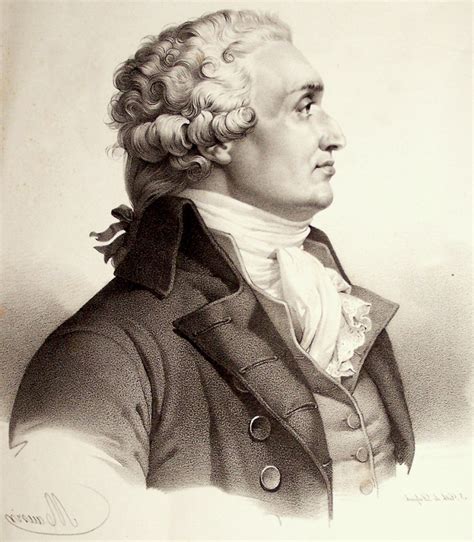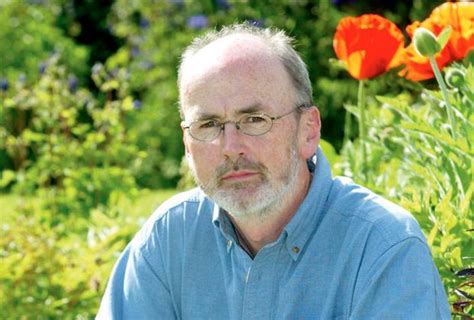A Quote by Arthur Conan Doyle
...while the individual man is an insoluble puzzle, in the aggregate he becomes a mathematical certainty.
Quote Topics
Related Quotes
While the individual man is an insoluble puzzle, in the aggregate he becomes a mathematical certainty. You can, for example, never foretell what any one man will be up to, but you can say with precision what an average number will be up to. Individuals vary, but percentages remain constant. So says the statistician.
A great man, who was convinced that the truths of political and moral science are capable of the same certainty as those that form the system of physical science, even in those branches like astronomy that seem to approximate mathematical certainty. He cherished this belief, for it led to the consoling hope that humanity would inevitably make progress toward a state of happiness and improved character even as it has already done in its knowledge of the truth.
Even with a margin of safety in the investor's favor, an individual security may work out badly. For the margin guarantees only that he has a better chance for profit than for loss - not that loss is impossible. But as the number of such commitments is increased the more certain does it become that the aggregate of the profits will exceed the aggregate of the losses.
People are looking for certainty. The more complex the world becomes, the more people look for people to give them certainty and tell them what to do. During the past few years of actively thinking about this, there is one thing that I have accepted: certainty is not out there. There is not one strategy to follow, and that's OK.
If each one of us can give full attention to what is actually ‘blocking’ communication while he is also attending properly to the content of what is communicated, then we may be able to create something new between us, something of very great significance for bringing to an end the at present insoluble problems of the individual and of society.
Faith is precisely the paradox that the single individual as the single individual is higher than the universal, is justified before it, not as inferior to it but superior - yet in such a way, please note, that it is the single individual who, after being subordinate as the single individual to the universal, now by means of the universal becomes the single individual who as the single individual is superior, that the single individual as the single individual stands in an absolute relation to the absolute.
If the system exhibits a structure which can be represented by a mathematical equivalent, called a mathematical model, and if the objective can be also so quantified, then some computational method may be evolved for choosing the best schedule of actions among alternatives. Such use of mathematical models is termed mathematical programming.
Man, the more he gains freedom in the sense of emerging from the original oneness with man and nature and the more he becomes an "individual," has no choice but to unite himself with the world in the spontaneity of love and productive work or else to seek a kind of security by such ties with the world as destroy his freedom and the integrity of his individual self.
The constructs of the mathematical mind are at the same time free and necessary. The individual mathematician feels free to define his notions and set up his axioms as he pleases. But the question is will he get his fellow mathematician interested in the constructs of his imagination. We cannot help the feeling that certain mathematical structures which have evolved through the combined efforts of the mathematical community bear the stamp of a necessity not affected by the accidents of their historical birth.





































